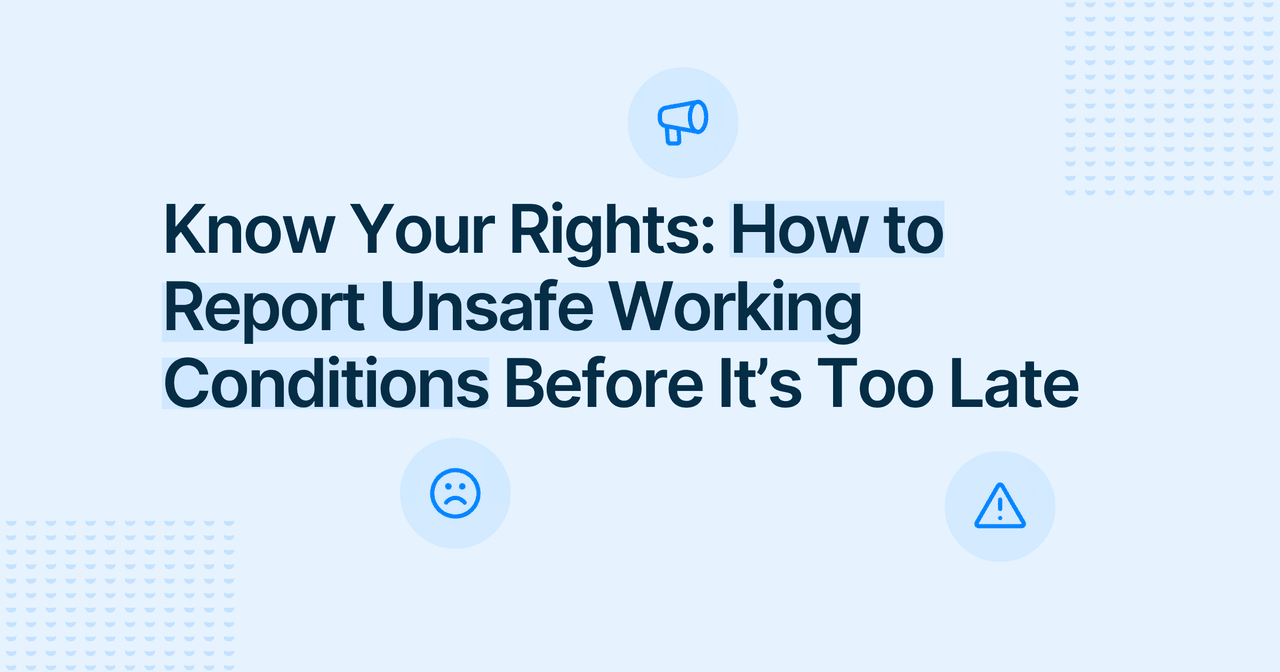Who Actually Is a Whistleblower?
Whistleblowing
Lenka Stawarczyk
Copywriter
Published
2021-04-07
Reading time
2 min


Table of contents
Subscribe to our newsletter
Whistleblowers – who are they, and why will we hear more about them this year?
A whistleblower, in its literal sense, is the one who blows the whistle. Not at a football match, but in a situation where they witness real-life unfair practices. Either as an employee, a customer, or a supplier. It can often concern corruption, but it can also be in situations where someone’s health or the environment is at risk. Whether ignorance, corruption, or something else leading to bad decisions resulting in accidents, damage to health and the environment, or even misappropriation of public finances. But whistleblowers don’t wait around the corner to catch someone in the act. It can be someone who accidentally witnessed injustice, and is struggling to decide, whether to come out with the truth or keep everything to themselves.
Usually, the first ones to find out about such slips are employees who notice iniquities during their work that could cause difficulties for their employer or management, or stumble across information that suggests possible harm or threat to the public interest. Therefore, by reporting the wrongdoings, the whistleblower can protect the public interest. Unfortunately, this often puts both the professional and personal life of the whistleblower at risk. This fear of retaliation also becomes the main reason why people are afraid to report unfair practices.
The general approach to protecting whistleblowers varies significantly in different jurisdictions. In France, for example, there is very little specific statutory protection for whistleblowers. However, the French National Commission for Data Protection and Liberties (Commission nationale de l’informatique et des libertés) (CNIL) imposes a duty to protect those who make a complaint.
However, some jurisdictions have a unified approach to whistleblower protection. In Japan and the UK, for instance, a single law provides protection for whistleblowers in both the private and public sectors and covers complaints related to a broad range of misconduct. Protection for whistleblowers in other jurisdictions such as the US is set out in various sources, including: federal and state law and statutory and common law. European Union Directive 2019/1937 on the protection of whistleblowers came into force on 16 December 2019. EU member states now have until 2021 to incorporate the directive into their own national laws.
FaceUp aims to be the tool that will help companies with adjusting to the whistleblowing protection law. It aims to ensure law compliance to the employer and offer support for employees, who can feel safe if they ever need to ‘blow the whistle’ to help uncover unfair practices at work or more.
Keep Reading

Alaa El-Shaarawi2026-01-168 min
Examples of Racial Discrimination in the Workplace and How to Address It
Workplace Environment

Alaa El-Shaarawi2026-01-158 min
ISO 45003 Standard: A Practical Compliance Guide and Audit Checklist for Real Workplaces
Workplace Environment

Alaa El-Shaarawi2026-01-099 min
Know Your Rights: How to Report Unsafe Working Conditions Before It’s Too Late
Workplace Environment

Alaa El-Shaarawi2026-01-088 min
Safe to Speak, Safe to Thrive: How to Create Psychological Safety at Work
Workplace Environment


